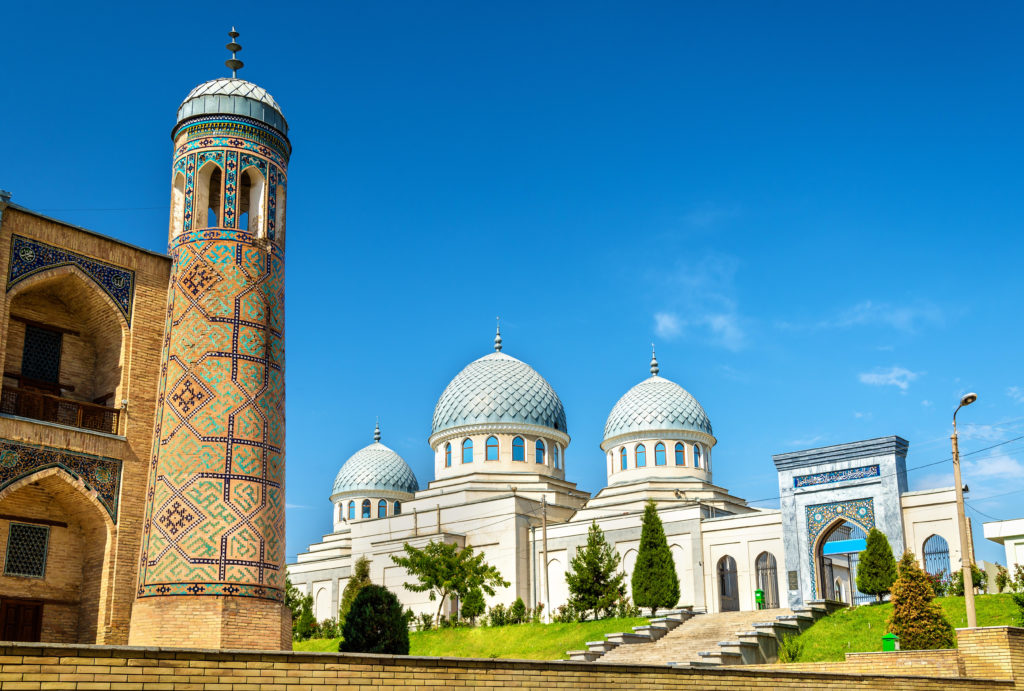TASHKENT
The World Bank has approved a $400 million loan to support Uzbekistan in implementing economic and social reforms to accelerate the country’s transition to an inclusive and competitive market economy.
The approved Development Policy Operation (DPO) comprises a low-interest concessional loan of $250 million, repayable over 30 years, and a non-concessional loan of $150 million at market interest rates, repayable over 12 years, the World Bank said.
Through this DPO, the World Bank will provide additional financing and technical assistance to the government to implement a wide range of reforms, especially further liberalising the wheat market, improving the management of state-owned enterprises, strengthening accountability and oversight of public spending and debt.
It will also include reducing gender discrimination in the labour market, expanding social assistance payments for the poor and enhancing economic opportunities and social protection for women and persons with disabilities, the lender said.
“Uzbekistan continues to be a strong reformer in its transition to a more open and inclusive market economy,” said Marco Mantovanelli, the World Bank’s country manager for Uzbekistan.
“To meet the government’s ambitious goals of halving the poverty rate by 2026 and becoming an upper-middle-income country by 2030, the country needs to grow faster … Reforms supported by this DPO provide a strong foundation for achieving these goals and improving citizens’ lives.”
The World Bank Group is also developing a new Country Partnership Framework (CPF) for Uzbekistan in consultations with the government, civil society, and the private sector. It will guide the Group’s financial and technical support to Uzbekistan during 2022-2026. The CPF is expected to be finalised by mid-2022 and will be aligned with the government’s development strategy for the next five years.
The World Bank has provided extensive support to the implementation of the government’s 2017-2021 Development Strategy. Its country programme comprises 26 projects in areas such as economic management, agricultural modernisation, water resource management, health, education, potable water and sanitation, energy, transport, social protection, urban and rural infrastructure, the national innovation system and tax administration, and the government’s response to the health, economic, and social implications of the COVID-19 pandemic.
In June, the World Bank has approved a $100 million concessional loan to finance a project to improve urban infrastructure and municipal services in mid-sized cities in Uzbekistan’s southern Kashkadarya and Surkhandarya regions.
A similar project, funded by an earlier $100 million loan from the World Bank for four mid-sized cities in the Tashkent, Bukhara and Namangan regions, was implemented over the last two years. The new funding is intended to expand the geographic scope of the project.

